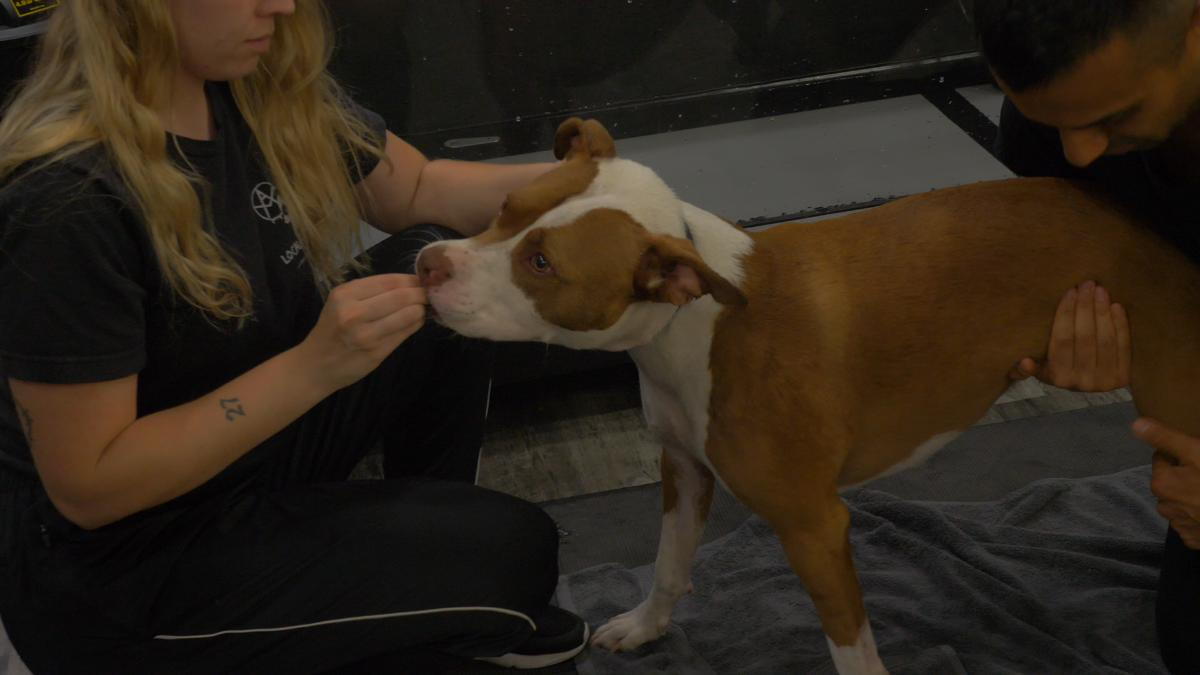A Guide To Your Pet’s Nutrition Needs

- posted: Feb. 16, 2023
As a pet owner, one of your main responsibilities is ensuring your pet gets all the nutrition they need. Proper nutrition is essential for a healthy and happy pet, but knowing what diet best suits them can be difficult. Let’s take a look at some of the basics to help you make an informed decision about your pet’s nutritional needs. Proper nutrition is essential for your pet’s overall health. Learn about the different types of food and supplements available, and how to choose the right one for your pet.
Protein
Protein is the most important component in any pet’s diet. It provides essential amino acids that are necessary for cellular growth and repair. A good quality protein should come from animal sources such as beef, chicken, fish, eggs, or pork. Plant-based proteins such as soybeans or legumes are an excellent alternative for vegetarian pets. You can also look for supplements with added amino acids that provide additional protein for your pet.
Fats & Oils
Like humans, fats, and oils are important for providing energy to pets and keeping their skin and coat healthy. The best fat sources are usually found in animal sources such as fish oil or lard. Plant-based oils such as olive or coconut oil can also be a great addition to your pet’s diet. Just be sure not to overdo it – too much fat in their diet can lead to weight gain and other health problems.
Carbohydrates
Carbohydrates provide energy and fiber for your pet’s diet but should not make up most of their food intake. Grains such as rice or oats are excellent sources of complex carbohydrates that give them sustained energy throughout the day without spiking their blood sugar levels too high. Vegetables are another great source of carbs that provide essential vitamins and minerals for overall health and wellness.
Importance of Pet Nutrition Counseling
Pet nutritional counseling provides vital guidance to pet owners to ensure their pets receive the best possible diet. It includes advice on selecting food, quantities, and dietary needs for the pet’s specific lifestyle. Pet nutritional counseling often highlights foods better suited than commercially available alternatives, such as frozen vegetable mixes or raw meat diets.
Conclusion
A balanced diet is key to ensuring your pet gets all the nutrients they need daily. Protein from animal sources should make up the bulk of their diet, with healthy fats and carbohydrates making up the rest.
Consider adding supplements or treats that provide additional vitamins and minerals for optimal nutrition. With careful planning, you can ensure that your beloved fur baby stays healthy and happy!

- posted: Feb. 16, 2023
As a pet owner, one of your main responsibilities is ensuring your pet gets all the nutrition they need. Proper nutrition is essential for a healthy and happy pet, but knowing what diet best suits them can be difficult. Let’s take a look at some of the basics to help you make an informed decision about your pet’s nutritional needs. Proper nutrition is essential for your pet’s overall health. Learn about the different types of food and supplements available, and how to choose the right one for your pet.
Protein
Protein is the most important component in any pet’s diet. It provides essential amino acids that are necessary for cellular growth and repair. A good quality protein should come from animal sources such as beef, chicken, fish, eggs, or pork. Plant-based proteins such as soybeans or legumes are an excellent alternative for vegetarian pets. You can also look for supplements with added amino acids that provide additional protein for your pet.
Fats & Oils
Like humans, fats, and oils are important for providing energy to pets and keeping their skin and coat healthy. The best fat sources are usually found in animal sources such as fish oil or lard. Plant-based oils such as olive or coconut oil can also be a great addition to your pet’s diet. Just be sure not to overdo it – too much fat in their diet can lead to weight gain and other health problems.
Carbohydrates
Carbohydrates provide energy and fiber for your pet’s diet but should not make up most of their food intake. Grains such as rice or oats are excellent sources of complex carbohydrates that give them sustained energy throughout the day without spiking their blood sugar levels too high. Vegetables are another great source of carbs that provide essential vitamins and minerals for overall health and wellness.
Importance of Pet Nutrition Counseling
Pet nutritional counseling provides vital guidance to pet owners to ensure their pets receive the best possible diet. It includes advice on selecting food, quantities, and dietary needs for the pet’s specific lifestyle. Pet nutritional counseling often highlights foods better suited than commercially available alternatives, such as frozen vegetable mixes or raw meat diets.
Conclusion
A balanced diet is key to ensuring your pet gets all the nutrients they need daily. Protein from animal sources should make up the bulk of their diet, with healthy fats and carbohydrates making up the rest.
Consider adding supplements or treats that provide additional vitamins and minerals for optimal nutrition. With careful planning, you can ensure that your beloved fur baby stays healthy and happy!
The Melrose Vet
8304 Melrose Ave,
Los Angeles, CA 90069
